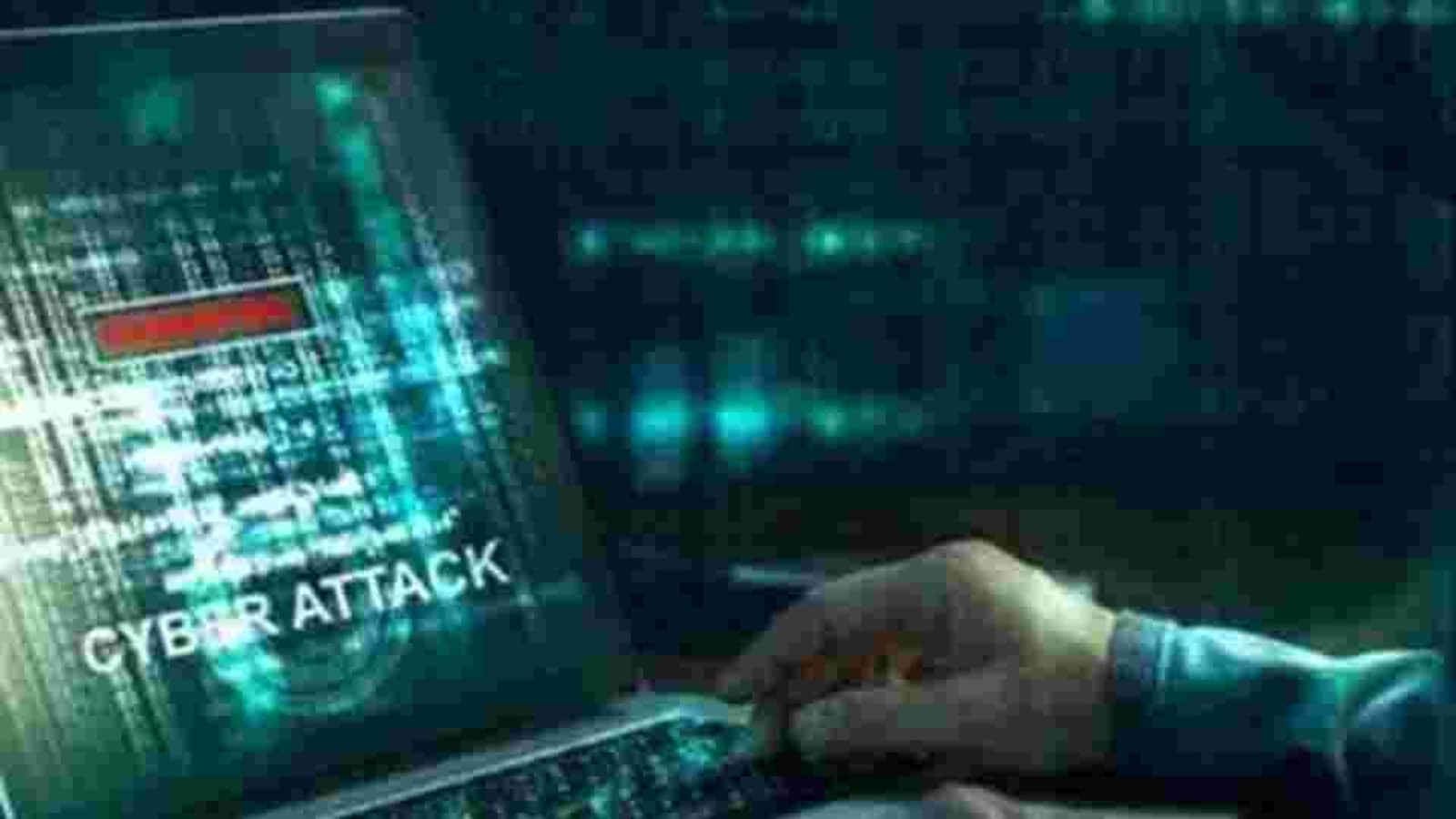Biden chief of staff says hack response will go beyond 'just sanctions'
Options being mulled by the Biden administration to punish Moscow over its alleged role include financial penalties and retaliatory hacks on Russian infrastructure, people familiar with the matter have told Reuters.

The incoming White House chief of staff said on Sunday that President-elect Joe Biden's response to the massive hacking campaign uncovered last week would go beyond sanctions.
Ron Klain said Biden was mapping out ways to push back against the suspected Russian hackers who have penetrated half a dozen U.S. government agencies and left thousands of American companies exposed.
"It's not just sanctions. It's steps and things we could do to degrade the capacity of foreign actors to engage in this sort of attack," Klain said on CBS' "Face the Nation."
The Kremlin denies any role in the hacking. Speaking at an event to commemorate the 100th anniversary of Russia's SVR foreign intelligence agency, Russian President Vladimir Putin praised its work, saying he was impressed by the "difficult professional operations that have been conducted."
Biden, who becomes president on Jan. 20, would likely have bipartisan support for a muscular reaction to the espionage campaign, lawmakers indicated on Sunday.
ALSO READ: Hackers' broad attack sets cyber experts worldwide scrambling to defend networks
Republican Senator Mitt Romney said the data breach was "extraordinarily damaging" on NBC's "Meet the Press."
"This demands a response," he said. "This is something we have to address as soon as possible."
U.S. Senator Mark Warner, the top Democrat on the Senate Intelligence Committee, said on ABC that the hack could still be going on and that officials had yet to determine its full scope. But he stopped short of the aggressive language used by Romney, who called the hack "an invasion".
"This is in that gray area between espionage and an attack," Warner said. Still, he backed Romney's call for retaliation, saying Washington needed to make clear to adversaries "that if you take this kind of action we and others will strike back."
ALSO READ: Govt spyware targets phones of Al-Jazeera reporters: Report
Adam Schiff, the Democratic chair of the House Intelligence Committee, also said the United States would "have to deter and respond" - but also invest more in cyber defenses.
He told MSNBC that, in some cases, the digital cleanup of U.S. networks "may mean burning down the whole system in order to make sure when we rebuild it they're not present."
Officials and cybersecurity professionals across the United States are still struggling to get their hands around the scale of the hacking campaign, which used U.S. tech company SolarWinds as a springboard to infect the Texas firm's clients - including the Departments of Treasury, Commerce and Energy.
Up to 18,000 customers were left open to the hackers, but CEO Kevin Mandia - whose company FireEye helped uncover the hacking - told CBS that he estimated "only around 50 organizations or companies, somewhere in that zone," were "genuinely impacted."
Klain told CBS much was still unknown.
"I think there's still a lot of unanswered questions about the purpose, nature, and extent of these specific attacks," he said.
Catch all the Latest Tech News, Mobile News, Laptop News, Gaming news, Wearables News , How To News, also keep up with us on Whatsapp channel,Twitter, Facebook, Google News, and Instagram. For our latest videos, subscribe to our YouTube channel.































